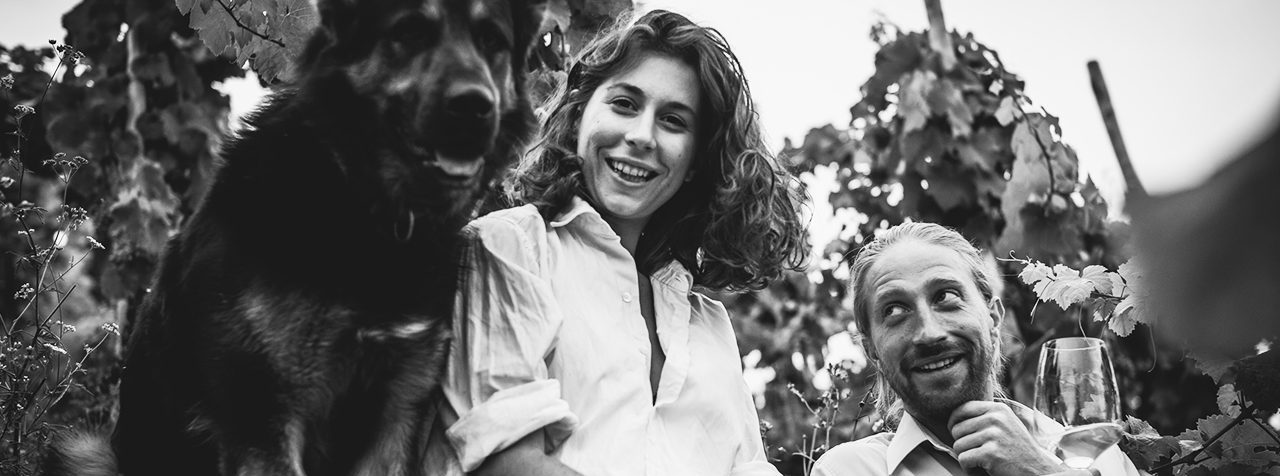



Located approximately an hour northwest of Stuttgart the Enz River gracefully meanders, giving rise to two of the most striking amphitheaters adorned with vines and terraces —rivaled only by those along the Mosel. This northern gem seems to exist in a realm beyond understanding. You could describe the village of Roßwag as ”forgotten”, but there’s a lack of literature suggesting it has ever truly made its mark on the wine map. This fact is particularly surprising given the undeniable beauty and drama that this place unabashedly displays.
Many villagers maintain a connection to viticulture, with nearly everyone owning at least a few rows of vines. However, most are what we might call ”hobby farmers”, individuals who harbor a deep love for their vines but have limited time for them. In Roßwag, the cooperative has emerged as an idealistic embodiment of communal effort, where individuals come together to pool resources and accomplish tasks that would be challenging alone. Approximately 99% of the fruit from the vineyards finds its way to the cooperative, contributing to the production of humble village wines.
Hannes, a native of Roßwag, hails from a family with a farming legacy—tending to vines, cultivating cereal fields, and raising cattle. While his family engaged in diverse agricultural pursuits, Hannes was drawn to viticulture. He met Olympia in Geisenheim, Germany, where she had come from Greece to study viticulture and winemaking. Their shared passion led them to embark on a global journey (Burgenland, Napa, Naousa, Santorini, Mallorca, South Africa, Sonoma) seeking the perfect location for a small winery where they could work collaboratively in the vineyards, cellars, and their own garden—a human-scaled dream. Their ideal location was right in front of them all the time, amid the dramatic old-vine vineyards of Roßwag. In 2014, Roterfaden was born.
Starting with half a hectare of Lemberger from a parcel planted by Hannes’ grandfather they have today expanded to about four hectares, cultivating not only Lemberger but also a bit of Pinot Noir and Riesling. Here, amidst old vines and a sense of freedom, there are no preconceived notions about what wine from Roßwag should be. This affords Hannes and Olympia the liberty to work according to their preferences. Their approach is meticulous, incorporating organic and biodynamic practices, making their own teas and extracts. Everything is done by hand, from the beautiful, stunning vineyards to the minimalistic cellar—a converted barn from Hannes’ family’s farm.
The wines reflect the serious potential of this place, displaying astounding clarity, energy, and finesse. The energy is palpable. And as the story of Roterfaden unfolds, we find ourselves only a chapter or two into their journey. Stay tuned for more.